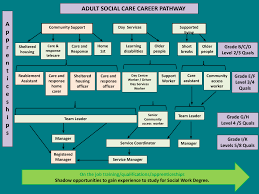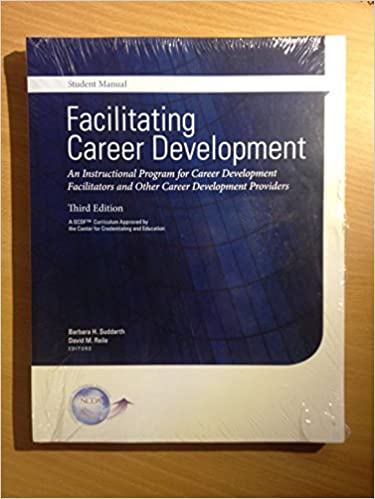
If you are mid-career, you are probably experiencing what is called a mid career crisis. Perhaps you are not interested in the chosen field. You might have chosen a field to fulfill family pressures or be young and can't imagine spending another decade there. You may even need to return to school in order to find a new career path. Whatever the reason, you aren't alone. There are many causes of a mid career crisis. Find out what you can do to help.
Uncertainty regarding your career path
It can feel like you are stumbling upon a rock when your career becomes a struggle. You may have experienced a difficult career transition or are unhappy in your current job. A mid-career crisis may be caused by a number of factors, including peer pressure and leadership changes. If you notice signs of a career crises, don't ignore them. Instead, make a plan to move forward.
You're not alone. In fact, half of those who responded to the survey said that they were neutral about their job. It is important to know the difference between being happy and miserable about your job. It's possible that you are experiencing a mid career crisis if it doesn't make you feel like you have to get back to work every day. Here's how to deal with it:

Burnout
There are many people who are going through a mid-career crisis. Many people experience a stage of dissatisfaction throughout their career. It is possible to feel unhappy, dissatisfied, or unfulfilled despite the many benefits of career advancement. This phase of life is temporary, however, it can be overcame.
Mid-career faculty members are particularly vulnerable to burnout, even if they've already attained tenure. This type of crisis is usually caused by too much work, a lack in motivation, or boredom. This is a common problem for people who have been granted tenure and then become overwhelmed by all the new opportunities. Susan Nakley is another example. Susan was anxious about institutional demands but was also feeling overwhelmed by her new position.
Unhappiness at Work
If workers feel uninspired or bored at work, it is not uncommon for them to have a mid-career crises. This phenomenon can affect anyone, including those who have just started working in a new position. However, it's important to understand that an unfulfilling job can affect a person's health and happiness. These are some suggestions to help you overcome the mid-career crisis.
Don't let your dissatisfaction turn into a job change you don't love. Instead, turn your dissatisfaction into fuel and continue moving towards your career goals. Mid-career crises can be temporary. They are caused by a gradual decline of life satisfaction. It starts in your twenties and ends in your thirties. Then it increases in your twenties.

Potential for professional advancement
Midcareer workers have the most demanding stage in their working lives. They need to be able to take on new responsibilities and learn new skills. The opportunity to create new opportunities and keep valuable resources in your organization can arise from a mid career crisis. You can offer professional development opportunities to your employees during a mid-career crisis. This will help them get past the crisis and continue to contribute to the organization's success.
Many people feel unproductive or unappreciated in their work during a mid-career crisis. Many people feel unappreciated at work and may decide to make drastic career changes. During this time, you can take stock of your goals and make necessary changes to the direction of your career. It's an opportunity to assess your career path, and make a decision about whether it is the right fit for you.